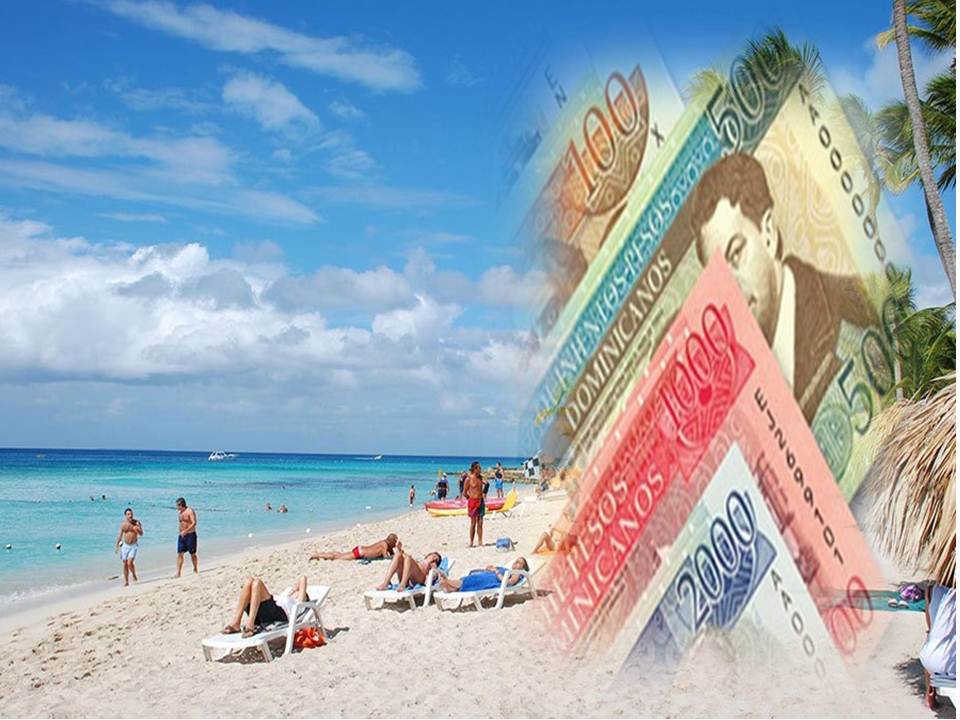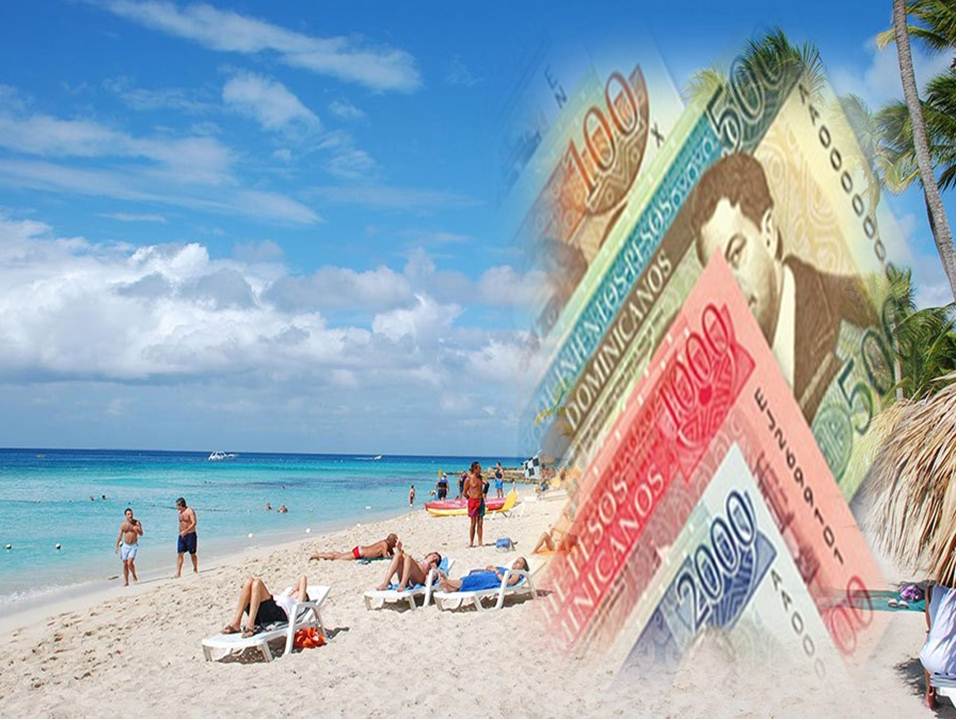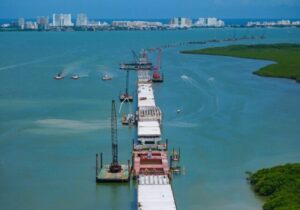
Tourism currently represents 19% of the Dominican Republic‘s gross domestic product (GDP). This is supported by investment and economic contribution from the sector. In the last decade alone, Dominican beaches have attracted US$8,732.3 million in foreign direct investments (FDI) and US$72,254.5 million in income, according to data from the central bank (BC).
 For this reason, the vice president of the Hotel and Tourism Association (Asonahores), Aguie Lendor, He highlighted that “of every RD$100 that comes in tax revenue, RD$10 comes from tourism.”
For this reason, the vice president of the Hotel and Tourism Association (Asonahores), Aguie Lendor, He highlighted that “of every RD$100 that comes in tax revenue, RD$10 comes from tourism.”
With a possible tax reform and the impact it could have on the sector if tourism incentives were “touched”, the tourism union suggested that the Government should ask itself what additional measures are necessary to increase the aforementioned income: “What do I have to do?” do so that they are RD$20? What do I have to do to make it RD$30?”
Lendor stated that while it is true that tourists’ tastes and preferences are changing, from what they look for in a destination to the type of accommodation, he denied the idea that the beach tourism model is exhausted.
He explained that the Dominican Republic not only has notable growth in beach tourism, but also in emerging sectors such as ecotourism, cultural tourism, religious tourism and sports tourism.
“We compete with destinations like Costa Rica, Puerto Rico, Jamaica, and Cancunand we still have a lot of growth potential,” he stated.
In addition, the director reflected that “the question is not what I take away (from tourism), but what more I give it so that it becomes stronger,” to which she pointed out the need for additional incentives to promote the development of ecotourism and other sectors.
“A sector that contributes so much to the economy and employment deserves to be promoted,” he said.
Private Hotel infrastructure also plays a crucial role, with significant investments benefiting the broader economy.
Regarding tax exemptions, he commented that they are currently granted for 15 years, with a possible modification in 10 years. However, he highlighted that tourist demand has evolved significantly, according to elDinero.
“Before, in the 80s, a Hotel could not be modified for 15 years and the guests were satisfied. Today, tourists demand modern facilities and advanced services,” he explained.
He mentioned that tourists currently expect to find renovated bathrooms, modern air conditioning and the ability to make online reservations at the Hotel itself.
“Today, the modification periods of 10 to 15 years must be reviewed because the current demands of tourists demand more for the Hotel to remain competitive,” he explained.
Addressing the question of why sectors that already generate substantial income, such as tourism, continue to be incentivized, Lendor explained that regional competitiveness is essential.
He compared the situation to a party: “If there are 100 people more attractive than you, your chances decrease. The same goes for tourist destinations. The tourist has multiple options, and we compete with countries like JamaicaPuerto Rico, Cancun and other destinations in the Caribbean.”




